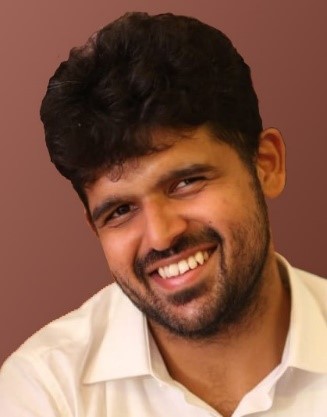Enrichment and Reprocessing Technology, NSG and India
Even the otherwise vague 2011 NSG public statement which inserted the NPT angle into the guidelines underlined that the NSG would implement the India-specific exemptions fully.
- Rajiv Nayan
- August 19, 2011








